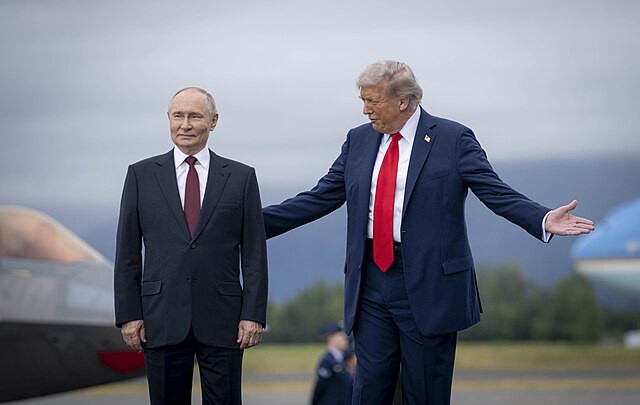Poland's downing of nearly 20 Russian drones that crossed its airspace this week marked the first time a NATO member has fired on a Russian target since the Ukraine war began, setting off alarm bells across Europe and prompting calls for unity from the alliance. But U.S. President Donald Trump's restrained public reaction-and the lack of U.S. military involvement in the defensive action-has fueled unease among European allies already wary of Washington's commitment to collective defense.
Polish Prime Minister Donald Tusk called the incident "the closest we have been to open conflict since World War II," while Moscow insisted it had "no plans to target" Polish facilities and claimed the drones were part of operations in Ukraine. The incursion triggered Poland's activation of Article 4 of NATO's treaty, which allows members to request urgent consultations when territorial integrity is threatened.
Trump initially offered a cryptic post on Truth Social: "What's with Russia violating Poland's airspace with drones? Here we go!" Pressed by reporters a day later, he said, "It could have been a mistake." That muted tone contrasted sharply with European leaders' swift condemnations and with statements from his own envoy to NATO. U.S. Ambassador to NATO Matthew Whitaker pledged the defense of "every inch of NATO territory," echoing the language of the alliance's mutual defense clause.
The White House later joined Western partners in a joint statement accusing Moscow of violating international law, but European diplomats told reporters that Washington's delay left them unsettled. "No one in NATO has been particularly reassured by the U.S. at this point. Washington's silence has been almost deafening," an Eastern European diplomat said.
In Brussels, NATO Secretary-General Mark Rutte announced Operation Eastern Sentry to reinforce the alliance's eastern flank, deploying additional troops and air defenses. "We must, as NATO, make clear our resolve and our ability to defend our territory, and that is exactly what Eastern Sentry is designed to do," Rutte said.
Trump spoke late Wednesday with Polish President Karol Nawrocki, who said the U.S. leader reaffirmed solidarity but made no mention of additional weapons or deployments. A White House official, speaking on background, said Trump "wants this war, which was brought on by Joe Biden's incompetence, to end as quickly as possible," and called on Europe to "do its part by putting economic pressure on countries that finance the war."
Analysts say the incident highlights the president's push for Europe to bear more responsibility for its own security. "This episode underscores that Trump, in contrast to every president since Roosevelt, does not see Europe's security as fundamental to American security," said Ivo Daalder, former U.S. ambassador to NATO and now a senior fellow at Harvard's Belfer Center.






